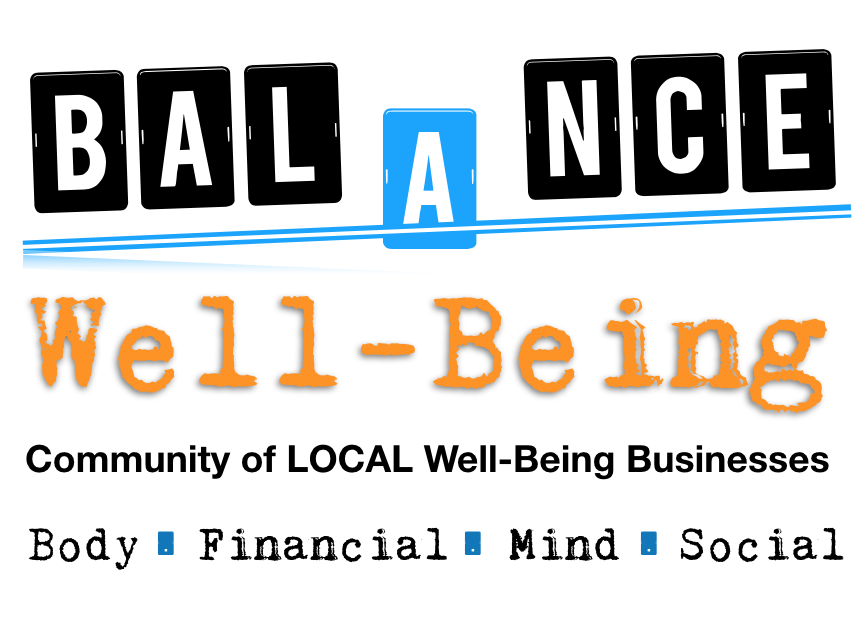 Having spent 30 yrs. as a counsellor working with parents of all backgrounds, what stands out for me is that parental frustrations is the result of parents “held captive” by the pre-programmed practices/neural pathways from their childhoods. Parents react to their child’s behavior and will often react in a way that doesn’t match the child’s or the parent’s needs in the present situation. Instead of trying to understand and be curious about what is happening for themselves or their child which includes emotional connection between the parent and child, the parent reacts based on past conditioning.
Having spent 30 yrs. as a counsellor working with parents of all backgrounds, what stands out for me is that parental frustrations is the result of parents “held captive” by the pre-programmed practices/neural pathways from their childhoods. Parents react to their child’s behavior and will often react in a way that doesn’t match the child’s or the parent’s needs in the present situation. Instead of trying to understand and be curious about what is happening for themselves or their child which includes emotional connection between the parent and child, the parent reacts based on past conditioning.
An example of this could be a child ignores a parent’s direction – instead of recognizing that the child is not purposely being defiant or disrespectful, the parent reacts to the imagined disrespectful defiance which may mimic the responses of his/her own parents in childhood. Even if the behavior was defiant, an angry, aggressive response would be out of proportion to the needs of the situation rather than a compassionate, patient, curious response which could have resolved the issue and would be more beneficial to the child.
The truth is that kids are meant to experiment with boundaries and getting their way. Parents need to learn to firmly yet kindly insist on cooperation, yet they also need to preserve the emotional trust and connection. Children are learning from parent’s modelling. Parents have been held hostage to their past conditioning. So what if a parent has had severe trauma? If a trauma pattern was created in their childhood when they were young and they were made to feel helpless, powerless, and desperately dependent without feelings of safety, connection and love, we will often see patterns that are getting in the way of emotional safety. When we overlook our child’s emotional needs, the child feels a sense of not mattering, not being worthy of love, not learning about our true self because our environment is not validating our reality. The deeper work then is helping parents deal with their trauma and understanding what impacts their thinking and reactions to situations that occur in their current life situations. As parents heal and grow, they are better equipped to respond to their children’s needs and develop healthy communication with clear, kind and firm boundaries.
